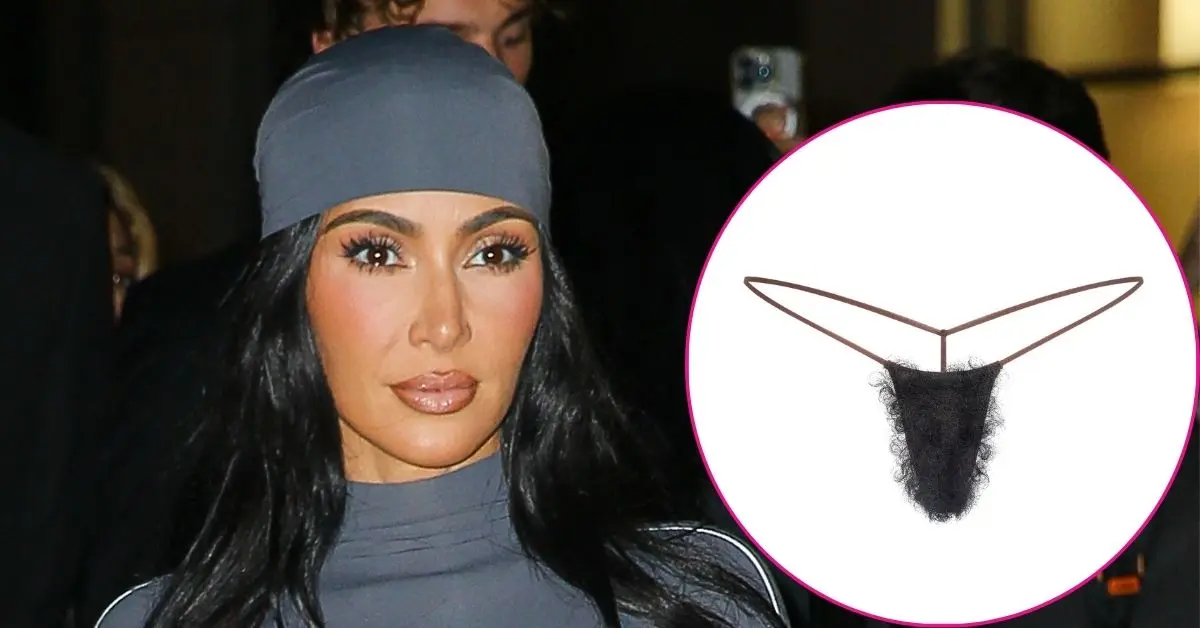Romanians are heading to the polls this weekend following the cancellation of last December's presidential elections, a decision that triggered widespread protests and political unrest. The primary candidate, far-right Calin Georgescu, faced allegations of Russian interference, suspicious TikTok activities, and hidden payments to online influencers before his unexpected annulment as the winner of the first election round.
Georgescu is currently barred from running and is under criminal investigation for actions suggesting an intent to disrupt the constitutional order, charges he firmly denies. He claims the accusations serve as a cover for electoral fraud.
As citizens gear up for the re-election, George Simion, leader of the far-right AUR party, currently leads the polls, followed by Crin Antonescu of the National Liberal Party and independent candidate Nicușor Dan.
Central to the controversy are TikTok influencers, whom Romanian authorities suspect have inflated Georgescu's online presence through coordinated social media campaigns. Experts say Georgescu's surprise rise in popularity, from obscurity to securing nearly 23% of the vote, was artificially generated via TikTok. His campaign, which lacked traditional methods and funding, relied heavily on viral videos and influencer endorsements.
Reports from the independent think tank Expert Forum noted that Georgescu's viral success on TikTok appeared "sudden and artificial," with allegations that over 100 influencers were paid to promote his candidacy indirectly. Additionally, thousands of fake accounts reportedly bolstered Georgescu's campaign by flooding unrelated videos with supportive comments.
These influencers were part of a larger campaign promoting terms like "stability" and "integrity," funded through a marketing platform called FameUp. However, they often neglected to reveal that the content was sponsored, breaching TikTok's regulations against paid political advertising.
The political landscape grew murkier following the arrest of well-known influencer Bogdan Peschir, dubbed the "King of TikTok," for alleged voter corruption through electronic means. Peschir purportedly disbursed over $900,000 to incentivize influencers to sway public votes in favor of Georgescu.
Despite the upheaval, many Romanians express frustration over the lack of concrete evidence linking Russia to the electoral turmoil, as ongoing investigations continue at the European Commission and Romania's judiciary. Journalists and analysts warn that piecing together the events surrounding the elections may take years, leaving many locals eager for clarity in a situation currently clouded by uncertainty.






















